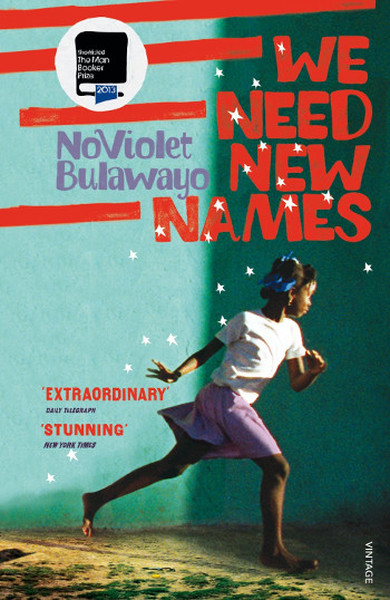

The flip side is that being fired doesn’t have the same stigma it does in Blighty, but that’s another discussion for another time: here, when personal circumstances compound Darling’s longing for home, she’s torn between the opportunities available in the USA despite her non-status, against “absolutely nothing” that her friend Chipo insists awaits her if she were to go back.Ĭhipo is with child despite still being a child herself – her friends speculate not so much who the father is but how she ended up pregnant in the first place (in other words, these are children so young they haven’t all had the birds and the bees conversation yet).

Employment legislation being what it is in the United States, he is able to hire and fire at will – that is, someone can be fired just because a manager or supervisor doesn’t like them. This, of course, presents challenges of its own, and there are only certain jobs that she can take on – with employers who are prepared to overlook, as her manager at a grocery store, Jim, tells her, “the situation with your… papers”. We Need New Names Robert Day Photography. But, as the narrative would have it, it’s only later revealed that she was brought to America by her aunt, Fostalina, on a visitor visa (that is, for a temporary stay), thus leaving her unable to fulfil a promise to visit the friends and family she left behind, because re-entry to America would not be possible. But her rose-tinted view of the United States is as fantastical as her peers’ thoughts about China or Britain, and when the opportunity presents itself to emigrate, she does so. The grass is always greener on the other side, or at least it is for Darling (Lukwesa Mwamba), who quite understandably would rather have Barack Obama as her president than the one the impressionable schoolgirl has when the story begins – Robert Mugabe.


 0 kommentar(er)
0 kommentar(er)
